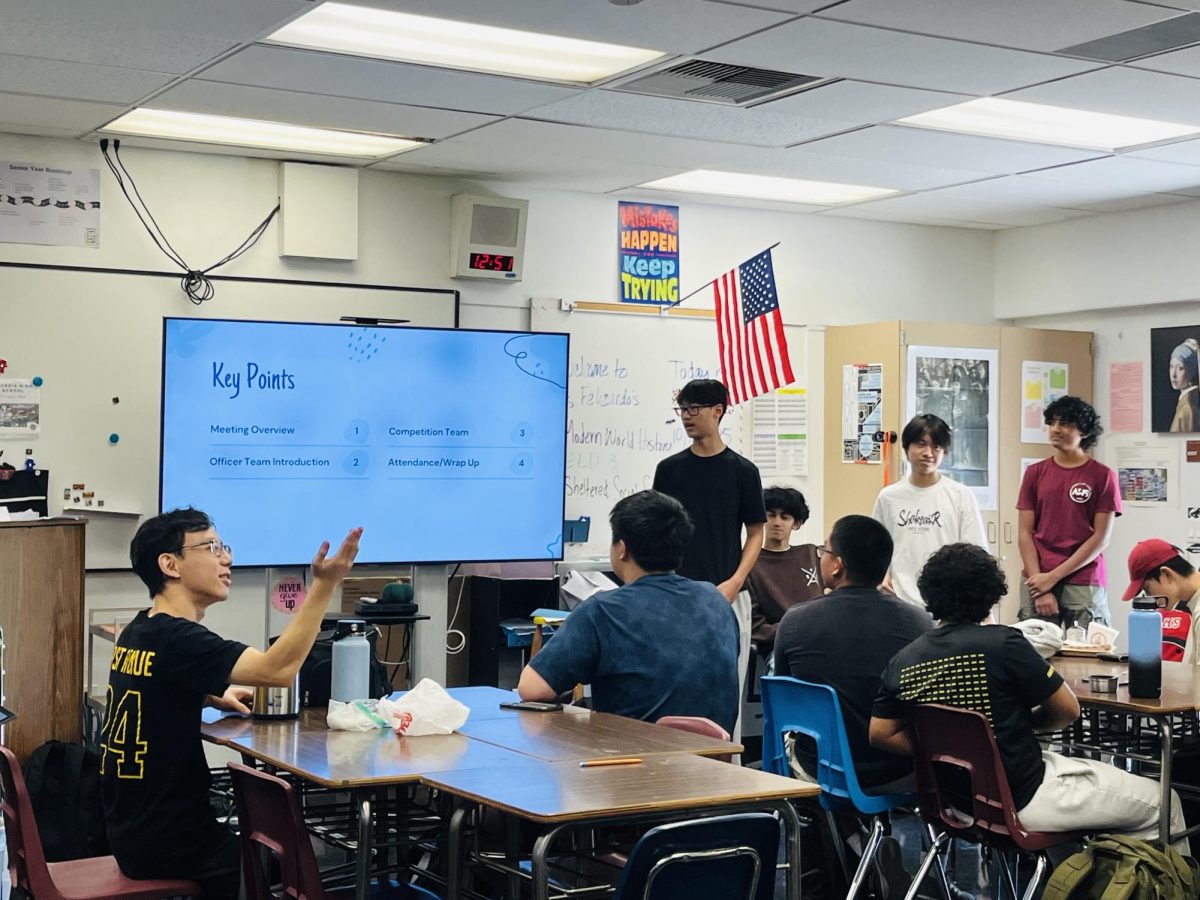When planning a high school schedule at Arcadia High School (AHS), it’s inevitable that someone will recommend you take or avoid certain AP classes. “Take AP US History (APUSH)—it’s so easy!” or “AP Physics? You’ll regret it!” Recommendations from friends and family often shape our decisions, but how reliable are they really?
Often, the advice we receive from friends is based on personal experiences that may not reflect our own strengths and interests. Someone who excels at math might breeze through AP Calculus, while someone less interested in the subject might struggle. Similarly, a writing-heavy course like AP Language and Composition may suit one person but overwhelm another. While these suggestions can provide some insights, they’re often biased by the skills and interests of each individual.
Family recommendations bring their own complexities. Parents or siblings might push a particular AP class based on its perceived “impressiveness” in college admissions. For example, a course like AP Chemistry might be seen as a standout on transcripts because of its reputation for being challenging. However, this can lead to students taking classes they’re not ready for, all in the hopes of courting colleges.
Peer pressure is another factor. At a competitive school like AHS, students often feel the need to match their friends or classmates by taking as many AP courses as possible. “If all my friends are taking AP World History, I should too,” is a common mindset. This can result in students enrolling in classes they’re not passionate about, simply to fit in.
Instead, AHS counselors emphasize the importance of personal readiness and interests. Ms. Phuong An, a counselor for the Class of 2027, shared, “We adhere to what’s stated in the Curriculum Guide for the qualifying grades and subjects required for an AP course. However, just because a student qualifies for an AP course does not necessarily mean they will excel in it.”
She also noted challenges students face, including peer and parent pressure, balancing AP courses with other commitments, and understanding the long-term consequences of their course decisions. For example, students might not consider how an overloaded schedule could impact their mental health or ability to participate in extracurricular activities. Ms. An emphasized that part of the process involves developing self-awareness.
“At the end of the day, having all of this rigor is not going to benefit a student if it lowers their GPA and overall sense of well-being because they are overwhelmed,” she explained.
To navigate these challenges, Ms. An recommends students to:
- Talk to Teachers: “Your current teachers can give you great insight into whether you’re a good fit for an advanced class.”
- Do Thorough Research: Attend AP seminars such as the lunchtime info sessions that AP teachers offer and review summer assignments to understand what the class entails.
- Be Authentic: “Students should select the classes they enjoy and feel good about, instead of comparing themselves with peers.”
Ultimately, the best decisions about AP classes come from understanding your own strengths and limits, not from relying solely on recommendations. Success in AP courses is about finding the right balance between challenge and manageability; what works for someone else may not work for you.
Junior Cheryl Win sums it up well: “Friends can give advice, but at the end of the day, you’re the one doing the work.”







